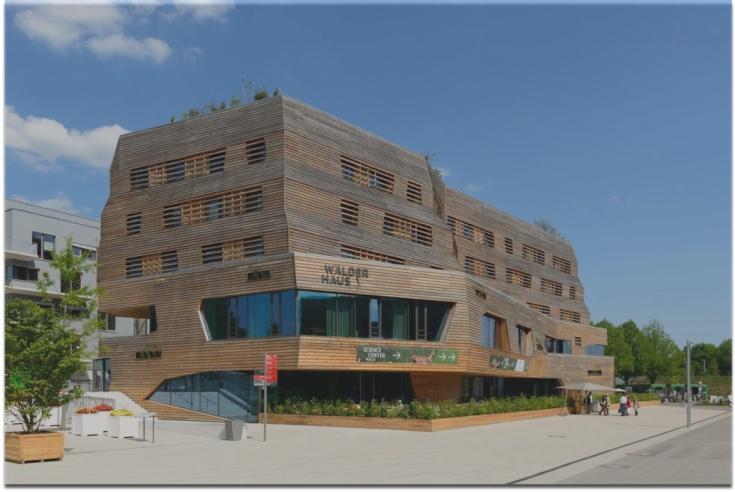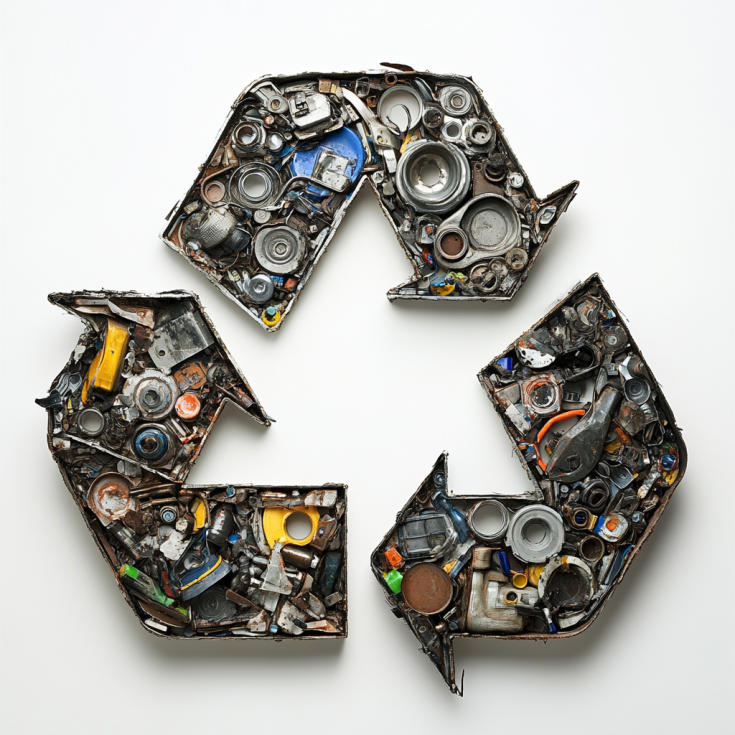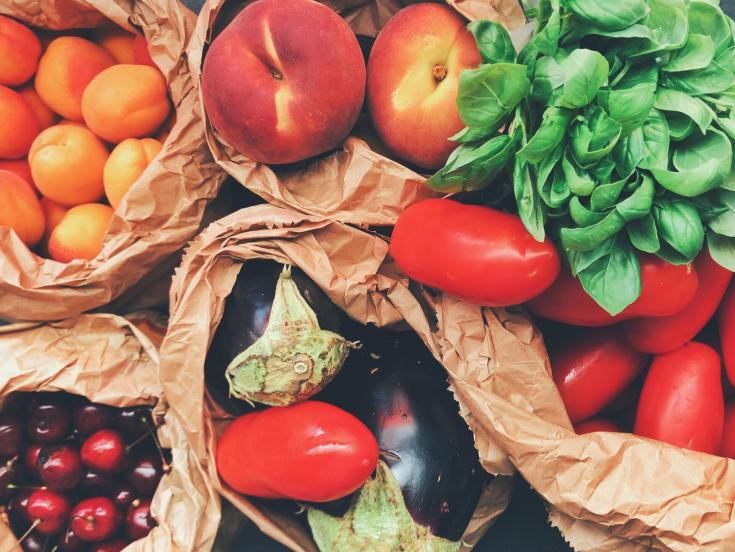Waste prevention
In the spotlight
The shift towards waste prevention is crucial as it influences the long-term environmental sustainability and resource efficiency of regions, fostering economic resilience and social well-being. This transition plays a key role in advancing circular economies and driving responsible growth across Europe. Explore the insightful content carefully selected by our Experts for you.

Green public procurement: Key learnings

Rescue food! From food waste to food aid
A message from our expert
Are you looking for support on waste prevention in your region? We have a team of experts ready to help you.
Get in contact through our policy helpdesk and we will put you in contact with the right people.

Waste prevention is the most efficient way to save resources and reduce waste management costs. Local authorities have a unique opportunity to lead the way and use their considerable purchasing power to foster waste prevention and greater circularity.













